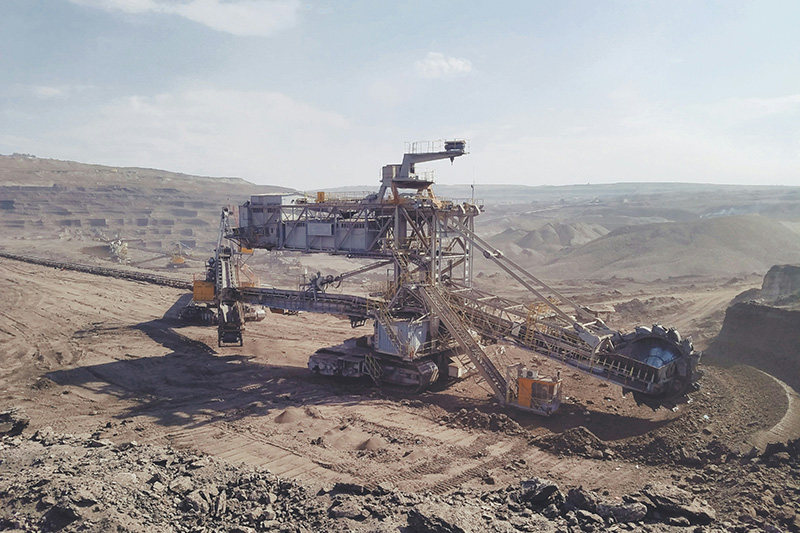UK Government rebuffs criticism of critical minerals approach
The UK Government disagrees with the Foreign Affairs Committee's conclusion that successive governments have failed to recognise the importance of critical minerals to the UK economy.

The UK Foreign, Commonwealth and Development office rejects the finding in report from Committee called A rock and a hard place.
The publication suggests that the government failed to respond adequately to the aggressive capture of large parts of the market over the last three decades by China.
The Committee also concluded that, before writing the Critical Minerals Strategy, the government did not adequately assess the vulnerabilities and dependencies in the UK's industrial supply chains - something the government also refutes.
Foreign Affairs Committee Chair, Alicia Kearns MP, says, 'Since the launch of our Critical Minerals inquiry, government has made progress to address the UK’s current vulnerabilities in its critical mineral supply chains.
'However, it is disappointing that government hasn’t fully accepted the need for urgency. We will have to fundamentally change how we source the critical minerals we depend on, and while this takes time, China’s overwhelming market dominance refining minerals is a threat to our national security and economic resilience.'
The government does, however, echo the importance of critical minerals to the UK's security and accepts the Committee's case for a 'Team UK' offer, and says it is 'developing a UK proposition to communicate its strengths, ambitions and offer to international partners'.
IOM3 CEO Dr Colin Church FIMMM CEnv says, ‘IOM3 welcomes the fact that the UK Government continues to express its commitment to delivering rapid action on critical materials. We are glad to see recognition too of the strong mining and engineering sector in the UK, and look forward to working with government and other stakeholders to ensure this continues to thrive in support of the transition to a low-carbon, resilient and resource-efficient society.’







